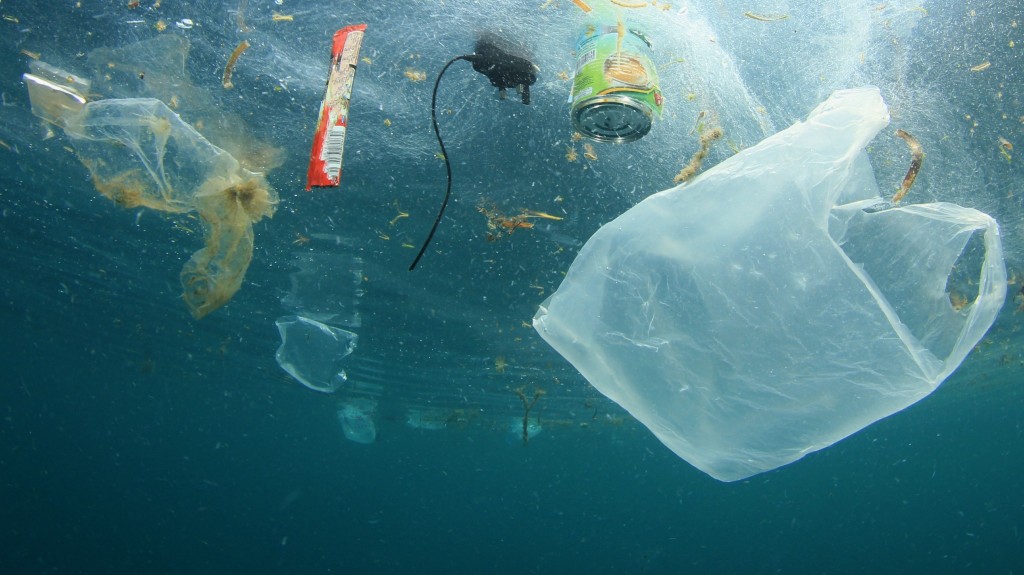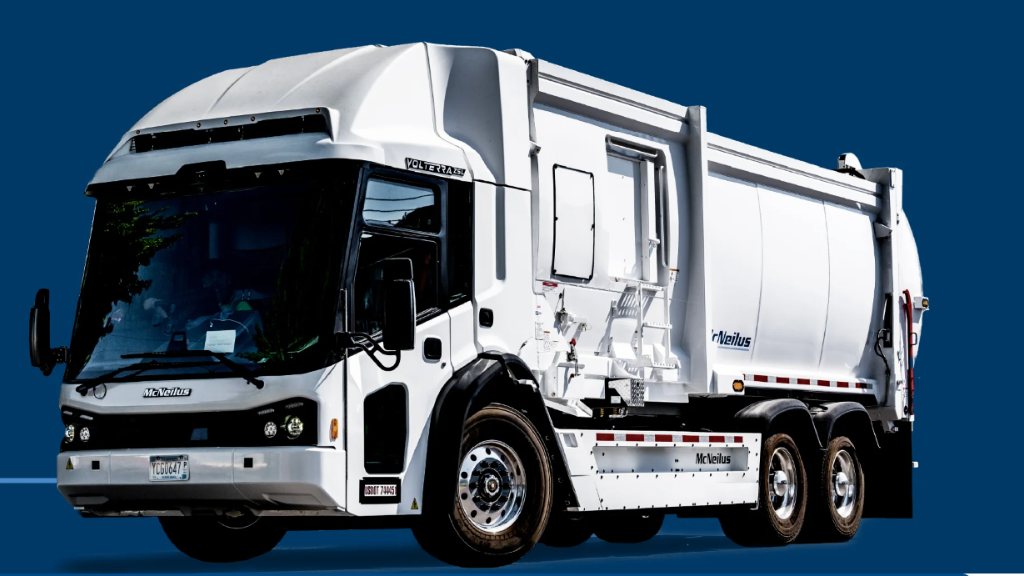Rehrig Pacific incorporates ocean-recovered and ocean-bound plastics into new products

Rehrig Pacific has partnered with innovators around the globe to engineer a way to incorporate ocean-recovered and ocean-bound plastics into new products without compromising strength or appearance.
"What we're achieving here is a model for solving sustainability solutions around the world," said Jeff Hentges, SVP of Operations. "These aren't Rehrig Pacific's solutions alone — we're coordinating with incredible people around the globe, from Patagonian coastal fishermen, to engineers in LA, to government leaders across the country. Everybody has a role to play, and we're all pulling together to make it happen."
Ocean plastic is a growing global problem, in part because it's very difficult to segregate materials into their constituent parts. The types of plastics that end up in oceans vary greatly, and the composition of the specific plastics used in nautical applications is intentionally designed to be resilient, making it challenging to turn into a usable recyclate. Even once that recyclate is generated, it is often tough to work with and presents unique production challenges. Rehrig Pacific has spent over a year working with the Atando Cabos project in Chile to find innovative solutions to overcome those challenges.
In addition to its work with recovered ocean plastics, Rehrig Pacific has simultaneously developed innovative new solutions in diverting and utilizing ocean-bound plastics. One example is the OceanCore recycling cart, which is set to roll out in 2021 in major cities around the country. The OceanCore cart is the result of Rehrig Pacific's unique manufacturing expertise: The company has developed a first-of-its-kind process that allows it to combine virgin plastic with unmatched volumes of recycled material. The result is a product that contains more recycled material than previously thought possible, without compromising the structural integrity or appearance of the final product.
"The challenge of recycling is that you still have to build a product that works — a product that customers will buy," said Hentges. "Otherwise, you're just adding to the problem. If you build something that's made from recycled material, but it lasts half as long and ends up getting discarded more quickly, you might have a good marketing ploy but not a real solution. Rehrig is driven to find solutions that will actually solve the problem. That's what's so important about projects like OceanCore and Atando Cabos. We're actually building a model for responsible recycling and sustainability solutions by demanding that we think in terms of the entire global supply chain."


